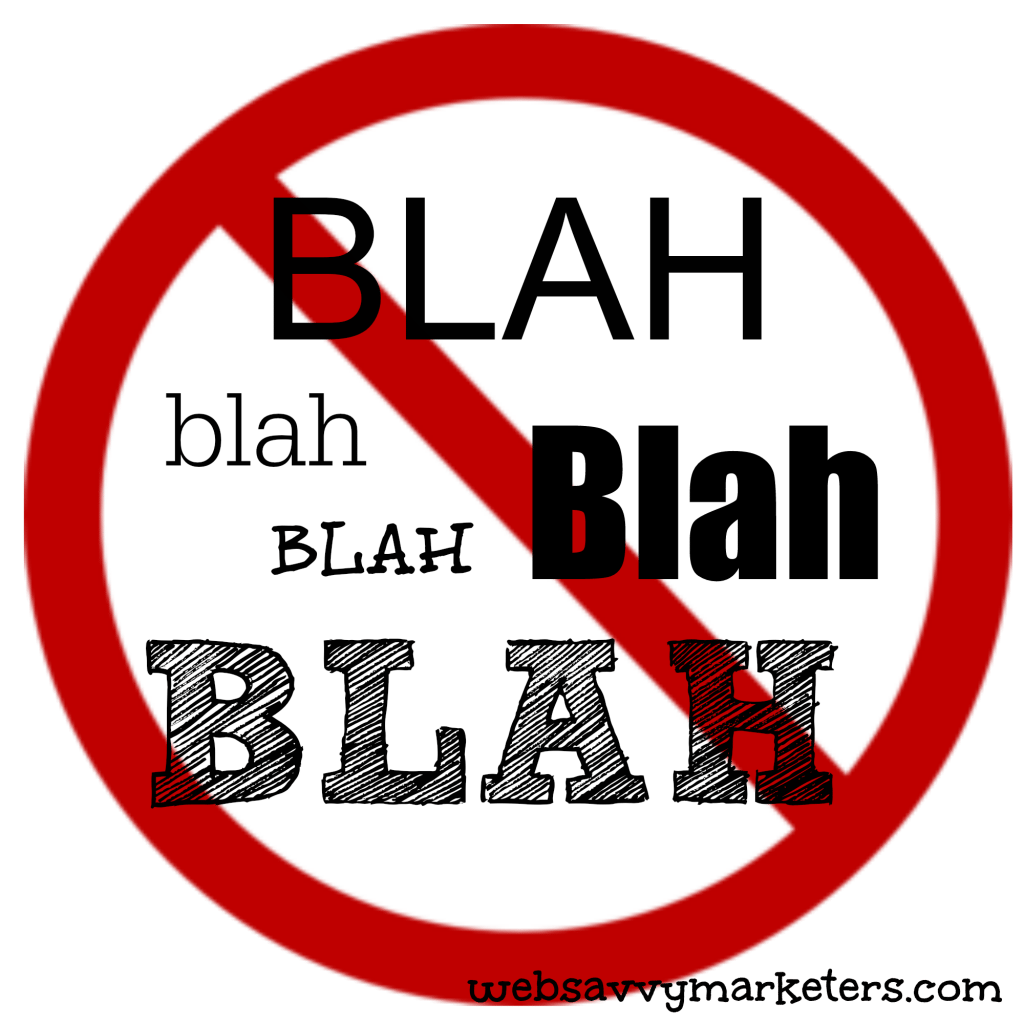 Communicating effectively with your customers is essential if you want to build relationships. But there are many things that can be a barrier to communication.
Communicating effectively with your customers is essential if you want to build relationships. But there are many things that can be a barrier to communication.
Speaking the same language doesn’t mean there won’t be communication barriers. Foreign accents, cultural barriers, and the use of slang can all work to prevent clear communication.
Once while visiting Glasgow, I was completely unable to interpret what a sales clerk was saying to me. After asking for him to repeat it twice, I gave up in embarrassment.
Outside of the uncomfortable dialect issue, you expect to understand someone when you speak the same language. Unfortunately, this isn’t true. One of the biggest communication barriers – and one that’s easily avoided – is the use of jargon.
Jargon words are meant to enhance communication by simplifying a particular concept. This works when everyone involved in the conversation is aware of the word’s meaning.
When Jargon Doesn’t Work
To someone who isn’t clued in, however, it can be seen as technical snobbery. At the very least, it can confuse the message so the recipient loses interest.
Jargon can waste time and money. When documents and emails take longer to read and to understand, people may grow frustrated. Time is wasted when unknown terms have to be explained or are interpreted incorrectly and result in errors of deciphering, which leads to errors in follow-up action.
Business opportunities may be lost, along with potential money-making possibilities, when jargon is misunderstood.
When Jargon Is Unavoidable
JargonThere is a good side to jargon. Jargon-philes are able to share their new techno-terms with ease amongst their fellow professionals. As new concepts and ideas are developed, communities can quickly convey essential solutions and strategies with their jargony-sounding words.
The trick is to pay attention to your audience and minimize the use of jargon in content created for clients who don’t live, eat, and breathe the particular jargon-speak you do.
Because let’s face it, despite the diehards who wish to defend the English language and ban all jargon and buzzwords, we are not going to see an end to it. We love to manufacture words to convey meaning in our ever-expanding landscape of ideas and interests.
Jargon often ends up becoming a household term. Various communities use jargon that inevitably falls into common use, including technical, business, and military jargon.
The military deserves the award for having the greatest number of jargon terms. Some well known examples include “zero dark thirty,” or the early morning hours, “AWOL” and “MIA” to describe absent parties, and when something or someone is exceedingly difficult to deal with, “boot camp” is tacked on to describe its extreme nature.
Business jargon is another strong contender in jargonese. This Forbes list has terms you probably are unfamiliar with, but includes other buzzwords such as “drinking the Kool-Aid,” “outside-the-box,” and “scalability.”
Use Jargon Sparingly
Jargon-filled content can be risky. Jargon can hurt your SEO because users will search for terms that they are familiar with and reflect the way they speak. Jargon can also be boring. If you don’t understand something, you quickly lose interest.
When jargon serves a useful purpose, it can be on-point in its message. Use jargon wisely when you communicate and help your audience out by demystifying anything that might be unclear.
When in doubt, leave it out. Save your showing off for karaoke nights and Facebook status updates.